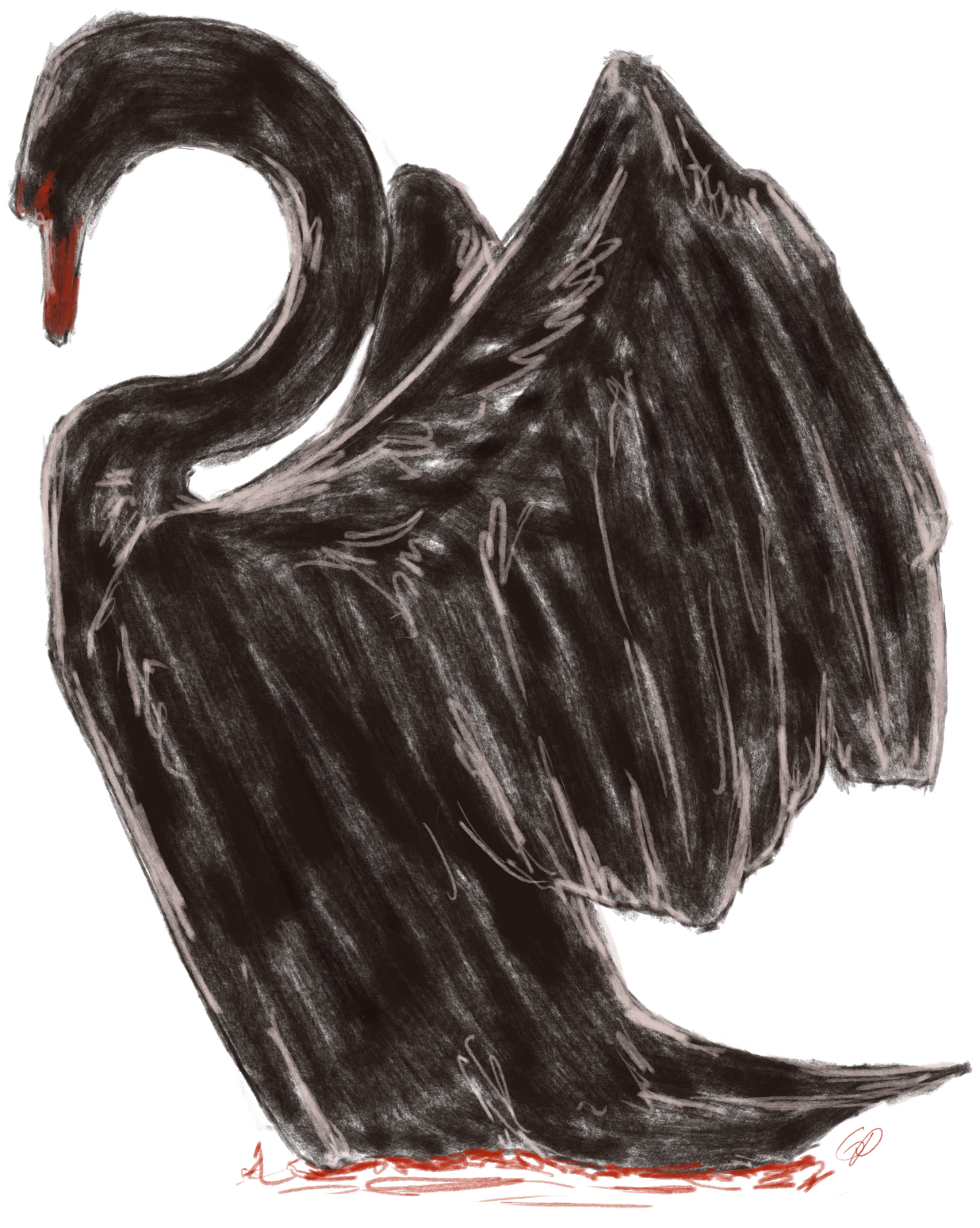Ealé Duvh
A Modern Fairy Tale
In the mid-1370s, Aristan Ryker II was deployed in the Protectorate when he fell in love with the daughter of a slighen family displaced by the Rape of the Imperium. He brought the young woman back to the Confederacy with him in 1378 so they could marry and start a family, and while the Confederacy was particularly amenable to slighen integration at the time—they were looking to quickly expand their army and the immigrant slighen provided a natural solution—they were not as keen on the idea of such a highly-esteemed nobleman as Ryker marrying one.To dissuade the union, and others like it, they included several minor laws within the Slighen Appeals. One of these caveats was the prohibition of the Cravven wedding tradition to wear white swan feathers and silver. They instated the law on the basis that white swan feathers were a symbol of the truly noble and pure of heart, and slighen were not worthy of wearing such luxuries. The Triadic even went so far as to prohibit anyone involved in such a union from either wearing or owning white swan feathers or from wearing silver wedding accessories in general.
This made Lord Ryker's betrothed terribly upset, as the jewelry had been a part of her family's culture since even the birth of the minor deities themselves. Thus, Ryker took her in his arms and assured his bride that he would find her something even more rare and beautiful for their wedding.
Ryker prayed deeply to the goddess Beatrix before sailing out into the Murdan, and that summer he sailed all the way up to the outer Cravvik Isles, so far that he came across a tiny island that no one in the entire globe had ever before found. On that island were six black swans—a species that was thought to be purely mythical on the main continent and of which these six were the only ones—along with a generous deposit of pure gold ore. Ryker claimed the island as his property, along with the black swans that inhabited it, and sailed back to the Confederacy with a handful of their feathers and a nugget of gold.
Once back home, he registered his ownership of the island with the Guilds of Armistace under House Ryker so no one else would ever be able to sell the black swans or their feathers. He married his slighen bride, who looked more beautiful herself than any bride in white feathers and silver, and later House Ryker would make a fortune selling both the swan feathers and gold.
The Cravven Bird Cycle
Several shards of knowledge gathered from the remains of the Cravven Imperium are indicative of what historians refer to as a 'symbolic language,' perhaps concerning birds or animals. While most of these fragments regarding a Cravven language of birds are just that—isolated pieces from a long-destroyed and defunct civilization—historians have gleaned some bits of meaning from residual artifacts.
| Sparrow Dawn, birth and early childhood, The Spilling Yolk |
| Dove Morning, adolescence and young love, The Early Rise |
| Hawk Noon, early adulthood and duty/strength, The Zenith |
| Swan Dusk, marriage and devotion, The Bowing Grace |
| Raven Midnight, death and endings, The Fallen Dark |




Comments
Author's Notes
For PanthersEye's Unofficial Fashionable Treasure Challenge